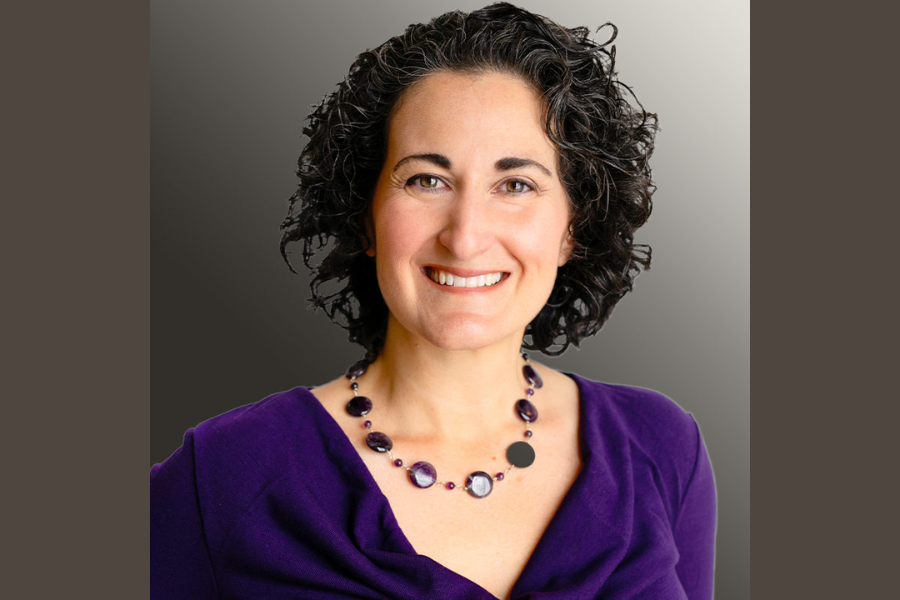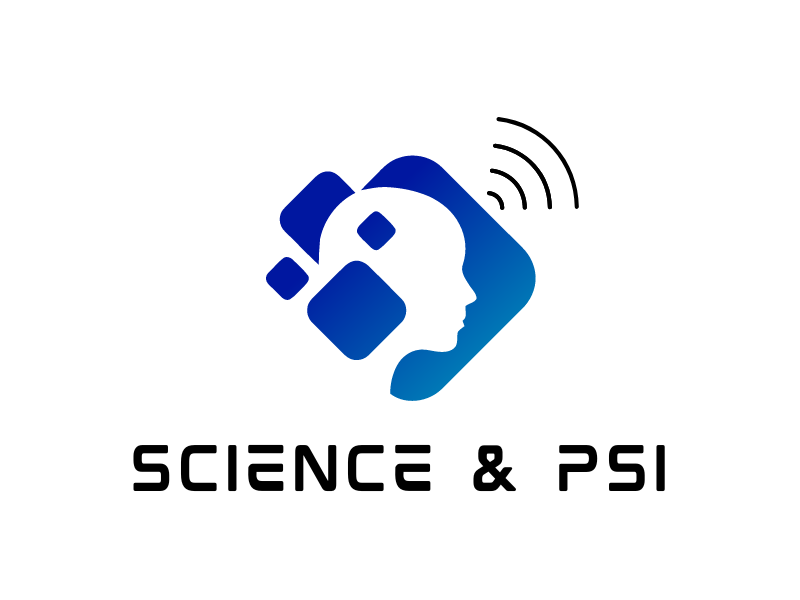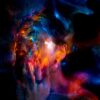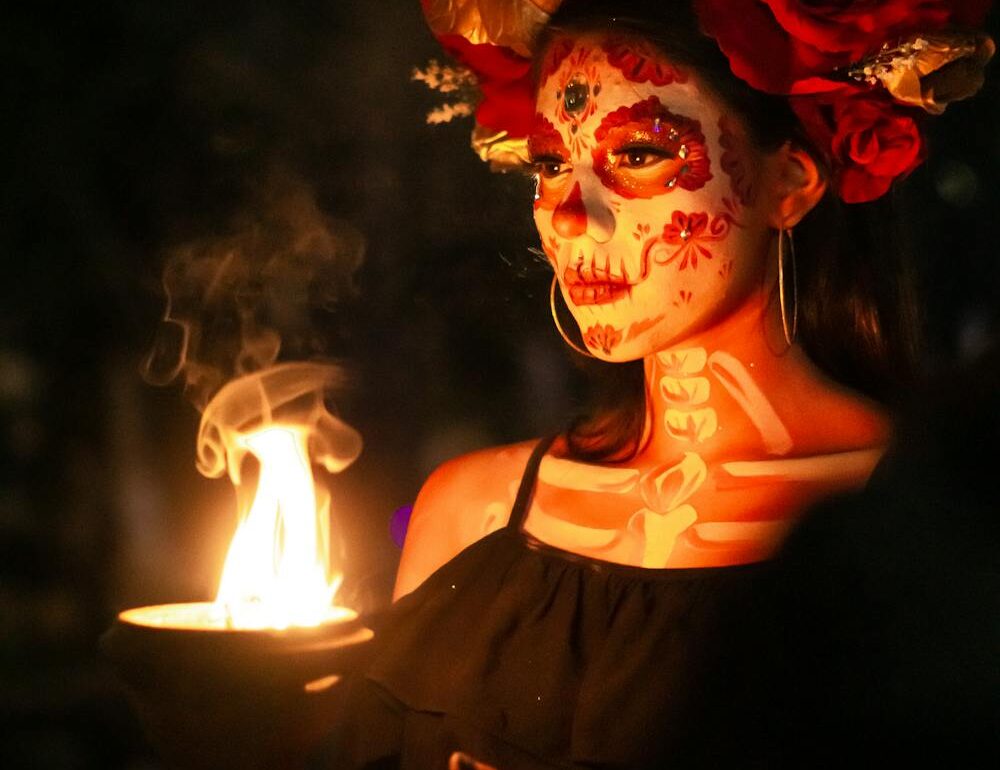Dia de los Muertos
On this sacred night, the veil is thin,
A bridge of light where souls begin,
To dance with us in gentle sway,
In memory’s arms, they softly stay.
Marigolds bloom in golden glow,
Their fragrance whispers all we know,
That life and death are intertwined,
A cycle endless, redefined.
Candles flicker, shadows cast,
We feel their presence from the past,
In sugar skulls and sweetened bread,
We honor those no longer dead.
For in our hearts, they live once more,
A love that death cannot ignore,
With every song, with every tear,
We know their spirits linger near.
A bridge of worlds, this night reveals,
The bonds that even death can’t steal.
For in the stars and candle's gleam,
We meet again, if just in dream.
So let us feast and let us sing,
For death has lost its bitter sting,
On this night, we are as one,
Until the rising of the sun.
Mediumship
Mediumship is a captivating yet often misunderstood practice that involves various methods through which individuals, referred to as mediums, claim to connect with the deceased or other spiritual entities. These experiences can manifest in diverse ways, such as clairvoyance (seeing spirits), clairaudience (hearing spirits), and other intuitive perceptions. While many mediums describe their experiences as profound and meaningful, those who are unfamiliar with spirituality or lack knowledge in parapsychology research may misinterpret these phenomena as mental health disorders, particularly when they conflict with certain worldviews. Some individuals might oversimplify these complex experiences by reducing them to mere physical or mechanistic explanations, overlooking the subjective aspects of experience, such as qualia. This disconnect can result in biased evaluations, especially when there are differing philosophical underpinnings of perceptions and beliefs about the nature of reality.
Historically, mental health diagnoses have been influenced by cultural, political, and social factors, reflecting the prevailing norms and values of society. In general, individuals who engage in mediumship, particularly those with positive experiences communicating with spiritual entities, don’t meet the criteria for a mental health diagnosis. Some research even suggests that such practices can have therapeutic value as seen in the article “A Survey of Dissociation, Boundary-Thinness, and Psychological Well-Being in Spiritualist Mental Mediumship.” (2011) and the article “Dissociative and Psychotic Experiences in Brazilian Spiritist Mediums” (2007 )
Here are some key findings from these studies:
Dissociation in Mediumship: a survey of spiritualist mediums indicated that while mediums reported higher psychological wellbeing, they did not exhibit significantly higher levels of dissociation compared to non-mediums. The findings for mediums were significantly below diagnosis for dissociation. This challenges the idea that engaging in mediumship necessitates dissociative traits.
Personality Traits and Wellbeing: Research has found that mediums often display distinct personality characteristics. They typically score higher in extraversion and openness to experience while showing lower levels of neuroticism.This suggests that mediums may possess psychological profiles that favor positive mental states, possibly mitigating potential dissociative experiences.
Therapeutic Aspects: The therapeutic functions of mediumship have been highlighted, suggesting that the role of a medium may provide psychological benefits, such as improved mental health and coping mechanisms . The supportive and communal aspects of spiritualist practices may contribute to this positive wellbeing, potentially countering dissociative tendencies.
Comparative Studies: Comparative research has indicated that while some individuals who report anomalous experiences (including mediumship) may exhibit signs of dissociation, this is not universally the case. The majority of practitioners maintain psychological stability and report that their experiences do not align with clinical definitions of dissociative disorders.
Ancestral Mediumship:
Mediumship has been practiced for centuries and continues to be significant in many cultures. One common form is ancestral mediumship, where individuals connect or channel the spirits of their ancestors to seek guidance, healing, or wisdom. This practice allows people to remain connected with deceased family members or ancestors, who are believed to be spiritually present and accessible. Practitioners act as intermediaries, passing along messages or insights that can help with personal, familial, or spiritual matters.
In many spiritual traditions, staying connected with ancestors is essential for preserving cultural heritage and lineage. Ancestral mediumship often involves rituals, meditation, or other spiritual practices to honor ancestors and seek their guidance or protection. Seen as sacred, these practices are typically carried out by individuals who have undergone spiritual initiation or training. Ancestral mediumship serves as a way to maintain cultural continuity, heal communal wounds, and offer insights into significant life decisions.
Ancestral Mediumship traditions and religions worldwide, including:
Candomblé (Brazil)
Santería (Cuba)
Curanderismo (Mexico)
Umbanda (Brazil)
Vodou (Haiti)
Shamanism (Siberia, Mongolia)
Korean Shamanism (Mudang)
Tongji (China)
Itako (Japan)
Peruvian Curanderismo (Peru)
Aghori Sadhus (India)
Norse Shamanism “Seidr”(Denmark, Norway, Sweden)
Celtic Druidism (British Isles)
Ancestral mediumship practices are also prominent in Indigenous Mexican cultures like the Huichol, Mayan, Nahuatl, and Zapotec, as well as among Native American groups such as the Navajo, Zuni, and Lakota.
Those who practice mediumship may describe different ways of receiving knowledge. Some claim their insights come directly from a deceased loved one, while others attribute it to a spirit guide or deity. Although such experiences are considered anecdotal evidence, they hold personal or cultural value for the individuals or communities involved. It’s not for outsiders to judge, as those receiving the messages have a right to understand them in their own way.
Mediumship is generally protected under the principle of freedom of religion. However, in the United States, Native Americans were not legally permitted to freely practice their spiritual traditions until the passage of the American Indian Religious Freedom Act (AIRFA) in 1978. Prior to this legislation, many Native American spiritual practices faced restrictions or outright bans imposed by U.S. federal and state policies. Although missionaries and proponents of reductive physicalism may attempt to impose their philosophical views on these communities or even seek to revive laws that limit their right to practice, such efforts have largely proven ineffective in modern times. In fact, some might argue that the insistence on persuading others to adopt their worldview reflects a kind of “main character syndrome,” where the individual believes their perspective is central and should be universally accepted. However, that would be a fabricated diagnosis but good observer’s skills in assessment of these groups self centered, entitlement, and narcissistic traits
While science can’t currently confirm the source in which mediums gained their information. They can study accuracy in controlled settings as well as ensuring positive wellbeing. For further research on mediumship accuracy, methodologies, limitations, and future studies please utilize an informative lecture supported by the Parapsychology Association.

Helané Wahbeh serves as the Director of Research at the Institute of Noetic Sciences and is an adjunct assistant professor in the Department of Neurology at Oregon Health & Science University. Dr. Wahbeh is trained as a naturopathic physician and holds a Master of Clinical Research, along with two postdoctoral research fellowships. She has published and presented internationally on her research related to complementary and alternative medicine, mind-body medicine, extended human capacities, stress, post-traumatic stress disorder, and their connections to physiology, health, and healing. Dr. Wahbeh is particularly recognized for her research on channeling and her noetic approach to the subject.









